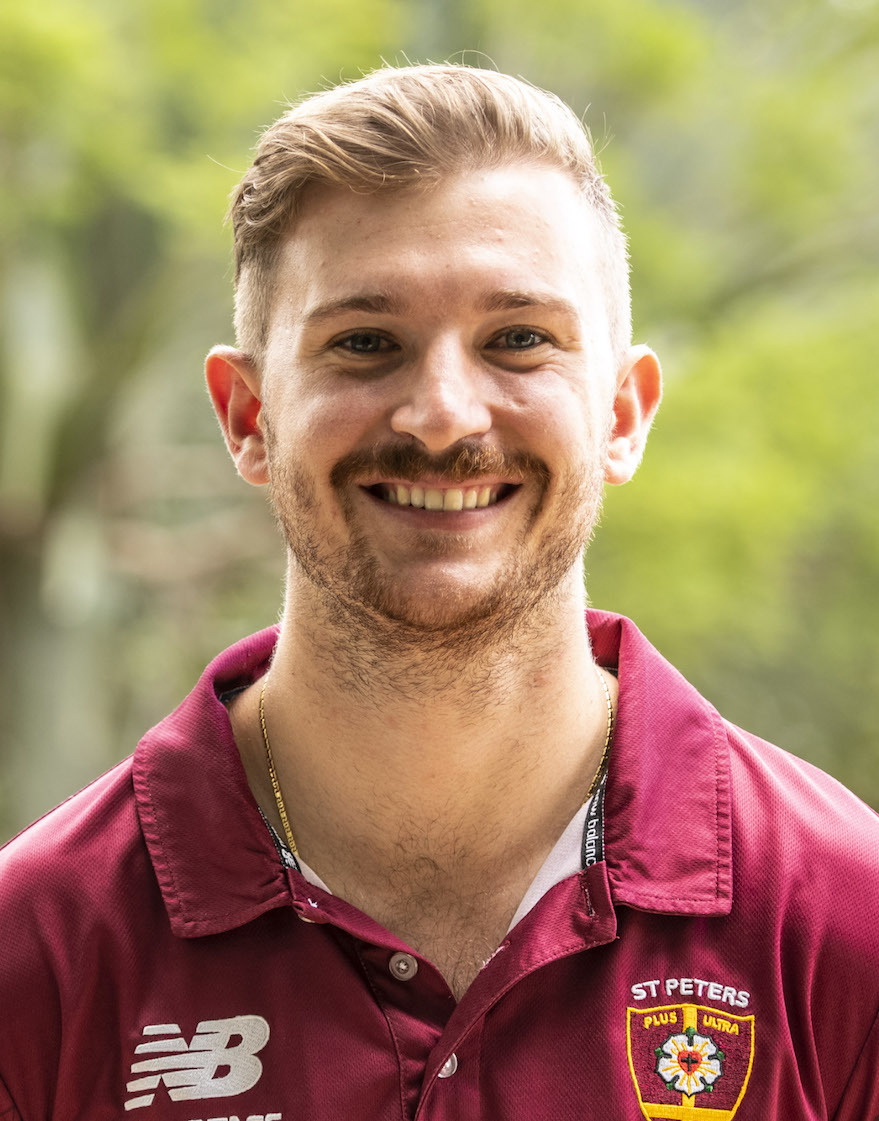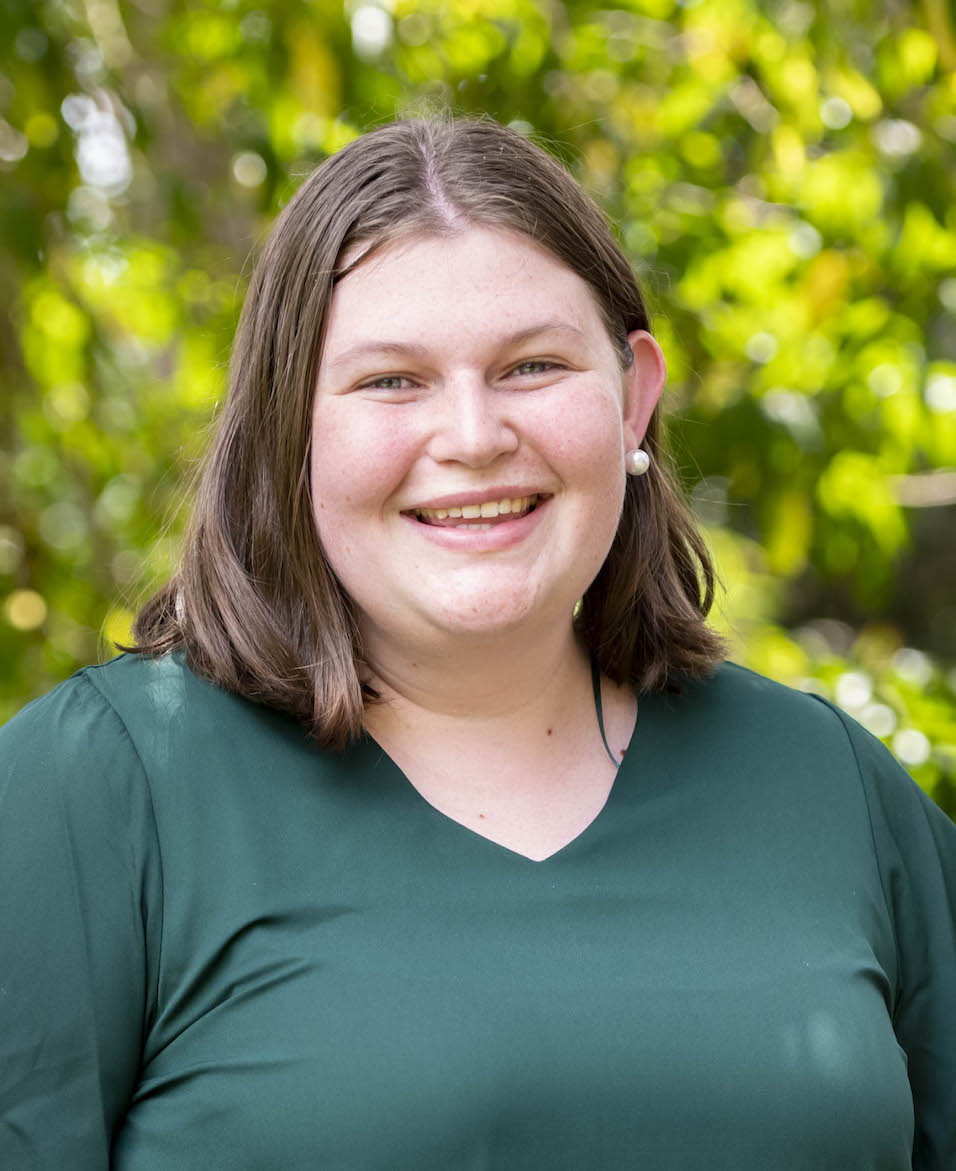Fostering a Positive Relationship with Technology

We've had a great first half of the term with our Boarders settling well into the routine of school and Residential life and starting to feel more at home in their family groups and Houses. Since our last newsletter, we've had our Four Colours Dinner, Boarder Focus Weekend and our first Adopt-a-Boarder event. I'm proud of all our students for stepping outside their comfort zones, supporting one another and for participating enthusiastically in Boarding activities.
As communicated to parents recently, Boarding at St Peters, like all schools and Residential communities, is currently working through issues from vaping to misuse of technology. Whilst these are societal challenges, they can become magnified in a Residential setting.
Technology can positively impact students when used appropriately and responsibly. Some of the possible benefits are:
- Learning and creativity: Technology can enhance students’ learning and creativity by providing access to diverse and rich sources of information, knowledge, and skills. Technology can also enable them to express themselves in various ways, such as writing, drawing, music, or video.
- Communication and collaboration: Technology can facilitate students’ communication and collaboration with their peers, teachers, and family across different locations and time zones. Technology can also help them to develop their social and emotional skills, such as empathy, respect, and teamwork.
- Entertainment and relaxation: Technology can provide students with entertainment and relaxation options that can help them to cope with stress, boredom, or loneliness. Technology can also allow them to explore their interests, hobbies, or passions.
- Empowerment and participation: Technology can empower students to take charge of their learning and development by giving them more autonomy, choice, and feedback. Technology can also enable them to participate in social causes or movements they care about or support.
While I have listed the benefits of technology as a learning and communication tool, it can also have negative impacts when misused by students. Some of the possible negative impacts are:
- Distraction and addiction: Technology can distract students from their academic tasks and make them addicted to social media, gaming, or other online activities. This can affect their grades, concentration, and mental health. Technology can also interfere with their sleep quality and quantity, impairing their cognitive and physical development.
- Isolation and loneliness: Technology can make students feel isolated and lonely if they rely too much on it for social interaction and neglect their real-life relationships with their peers, staff, and family. Technology can also create a false sense of connection and intimacy that does not reflect the reality of human emotions and needs.
- Cyberbullying and harassment: Technology can expose students to cyberbullying and harassment from strangers or classmates who may use online platforms to spread rumours, insults, threats, or blackmail. This can damage their self-esteem, confidence, and safety. Technology can also make students more vulnerable to online predators who may try to exploit them sexually or financially.
- Misinformation and manipulation: Technology can expose students to misinformation and manipulation from various sources that may try to influence their opinions, beliefs, or behaviours. This can affect their critical thinking skills, moral values, and civic engagement. Technology can also make students more susceptible to scams, frauds, or identity theft that may harm their personal or financial security.
St Peters has linked in with School TV a wellbeing resource supporting schools and families to raise happy, healthy and resilient children. Click here to listen to a podcast about the health impacts of digital technology from Dr Anthea Rhodes, a paediatrician, from the Royal Children’s Hospital in Melbourne.
Boarding at St Peters is taking all necessary steps to address these issues including working with the students to help them to foster a positive relationship with technology.
Stuart Delaney
Director of Boarding






